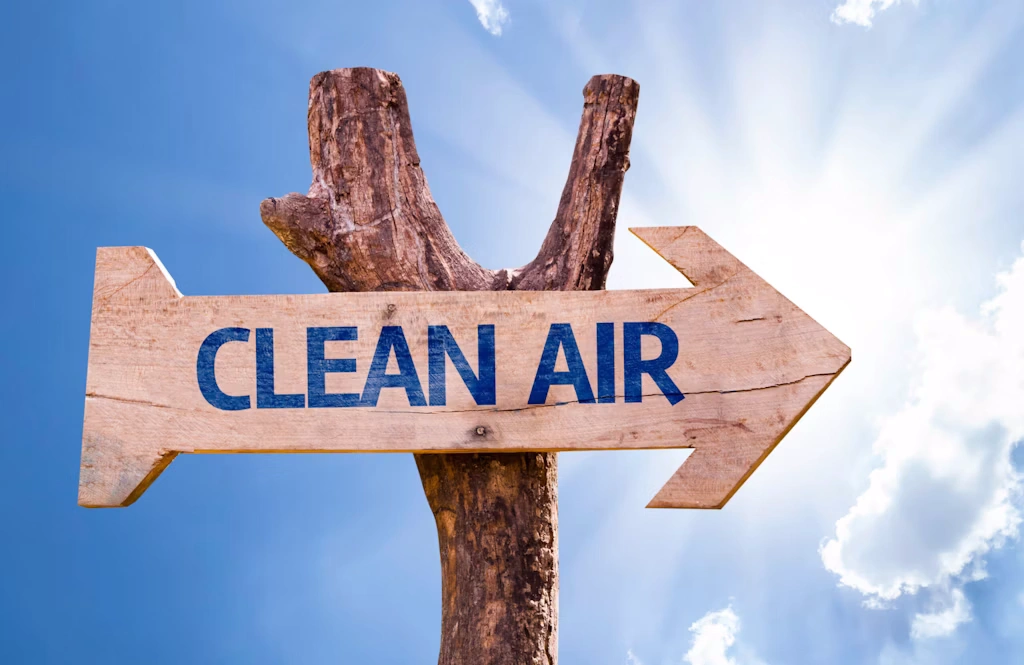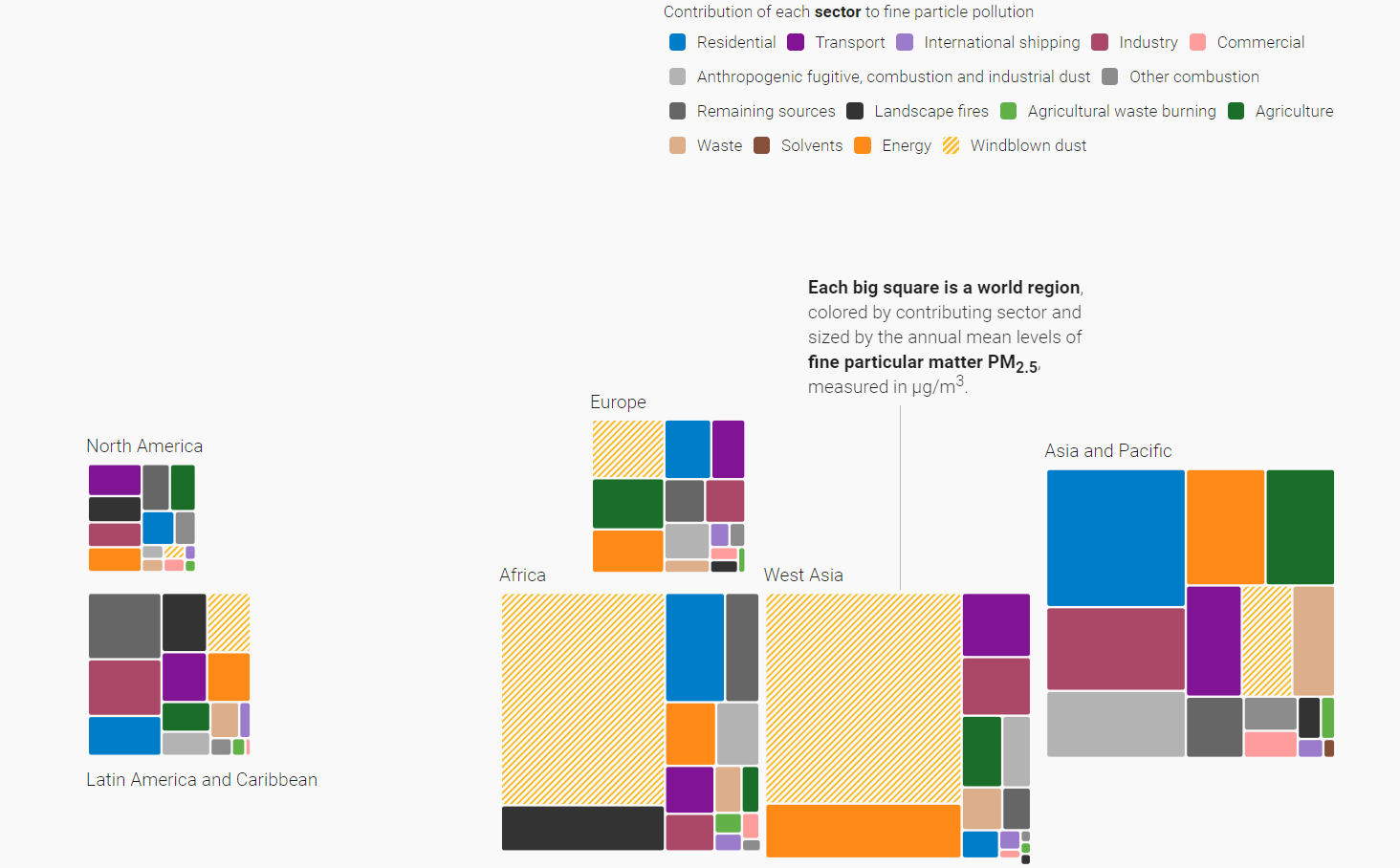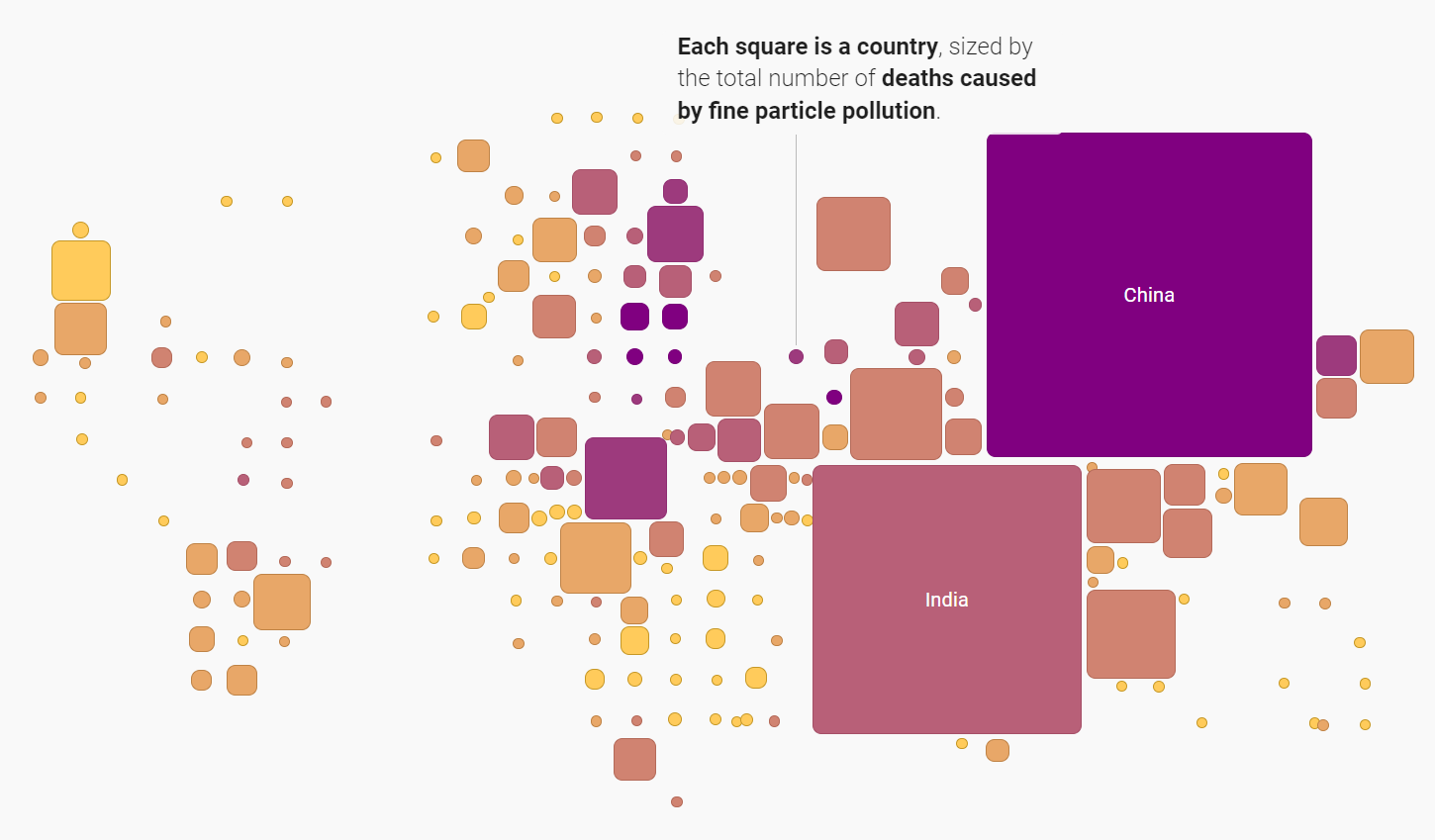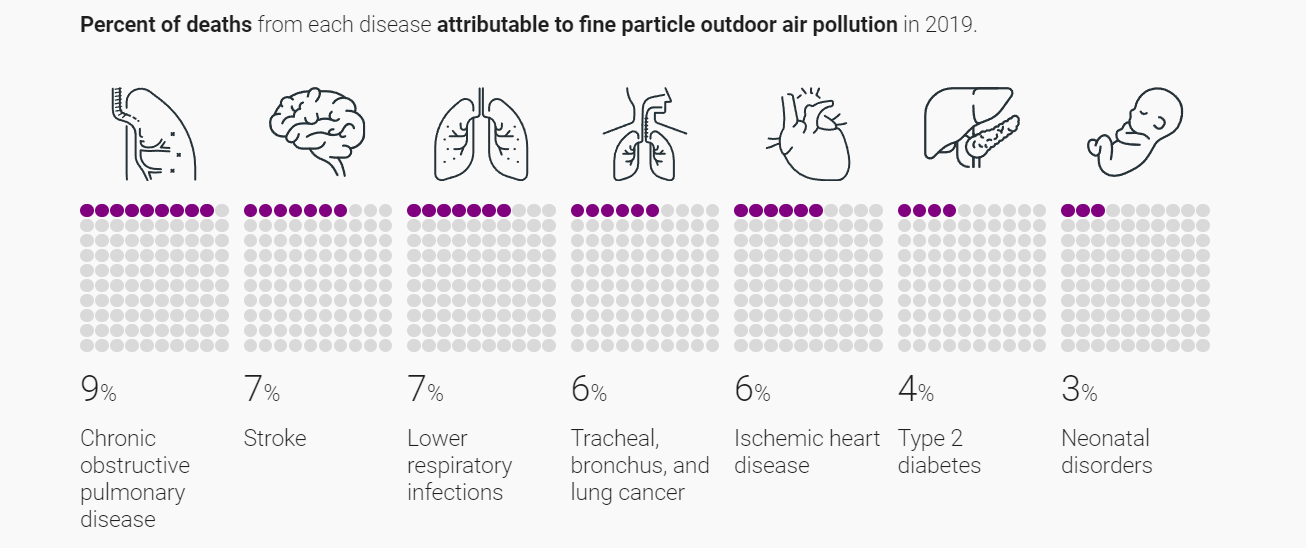Does Walmart Sell Vapes?
Walmart does not sell vapes in its U.S. stores or online. That includes disposable vapes, pod systems, vape pens, e-liquids, and most other electronic nicotine delivery systems (ENDS).
Read More >>WARNING: THIS PRODUCT CONTAINS NICOTINE. NICOTINE IS AN ADDICTIVE CHEMICAL.
Air pollution is everywhere. No matter where you live, there is no escape. Fine airborne pollutants break through our body’s defences and penetrate deep into our respiratory and circulatory systems, damaging our lungs, heart and brain.

Air pollution is the greatest environmental threat to public health globally and accounts for an estimated 7 million premature deaths every year. Air pollution and climate change are closely linked as all major pollutants have an impact on the climate and most share common sources with greenhouse gases. Improving our air quality will bring health, development, and environmental benefits.
Breathe in and out. We all know how important it is to keep our lungs healthy and our breathing smooth. The health of our lungs depends in large part on our surroundings. Researchers are studying how we can protect lung health by improving our environment and lifestyle choices.
Some studies have found that long-term exposure to air pollution can raise the risk of developing asthma, emphysema, lung cancer, and other breathing-related diseases. Other research has shown that when air pollution improves, lung function improves and asthma symptoms decline.
Inhaled mold spores can trigger allergic reactions and worsen asthma symptoms, especially in young children. Other studies have found that exposure to tobacco smoke or e-cigarettes can damage the lungs and weaken disease-fighting cells.
Residential pollution, mostly from cooking and heating using biomass, and generating electricity from fossil fuels for our homes, and transport, are the main human-made sources of fine particles globally. Windblown dust is also a major source in portions of Africa and West Asia that are close to deserts.

Around four million people died in 2019 from exposure to fine particulate outdoor air pollution, with the highest death rates occurring in East Asia and Central Europe.

See how air pollution is impacting individual countries today and the actions they are taking to achieve clean air.
Fine particle pollution is an important factor in deaths from chronic obstructive pulmonary disease, stroke, lower respiratory infections, tracheal, bronchus and lung cancer and ischemic heart disease. It is also a contributing factor on type 2 diabetes and neonatal disorders.
